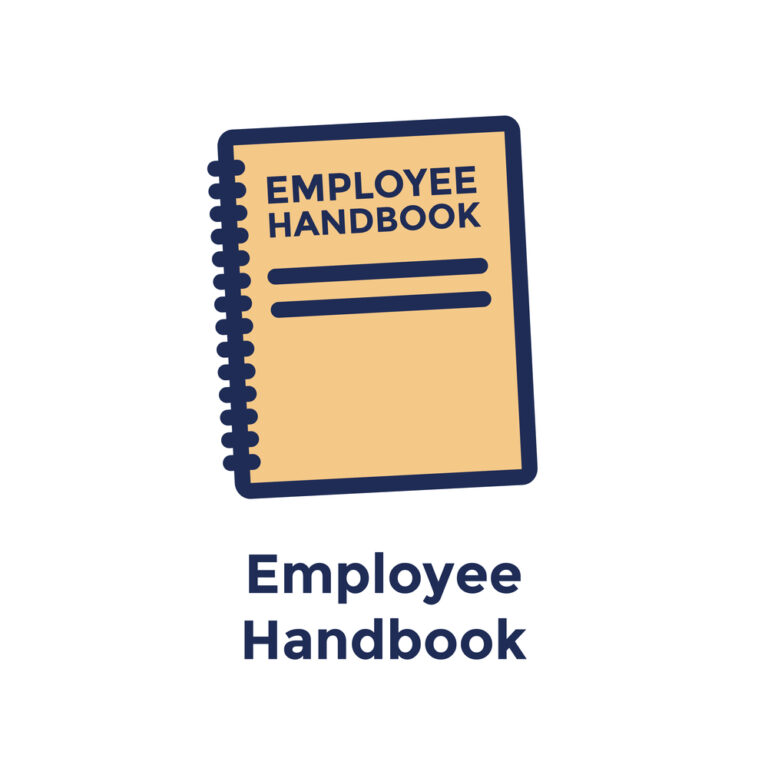The Supreme Court has recently taken up a case, Viking River Cruises, Inc. v. Moriana, that could lead to a reduction in claims filed against employers for alleged California Labor Code violations. The Private Attorneys General Act (“PAGA”) currently allows employees to sue employers for Labor Code violations on their own behalf and on the behalf of other employee. This includes allowing one employee to sue on behalf of others for alleged violations, even if the employee bringing the suit did not suffer from those other violations (i.e., employee is not aggrieved). Since PAGA was passed in 2004, the Labor and Workforce Development Agency has received between 4,600 to 6,000 PAGA notices.
PAGA is especially significant because it bypasses arbitration agreements employers have with their employees. With PAGA in effect, even if there is a valid arbitration agreement, an employee will still be able to bring a lawsuit against the employer for the alleged Labor Code violations. The fact that PAGA bypasses what would otherwise be binding arbitration potentially brings it into conflict with the Federal Arbitration Act (“FAA”), a federal law that helps make arbitration agreements binding. If PAGA is found to conflict with the FAA, PAGA could be overturned in whole or in part. This would result in a reduction in the kinds of lawsuits employers have been dealing with in the PAGA era.
If you have questions or concerns or are facing a lawsuit under PAGA, please reach out to the Employer Lawyers at Chauvel & Glatt.
This material in this article, provided by Chauvel & Glatt, is designed to provide informative and current information as of the date of the post. It should not be considered, nor is it intended to constitute legal advice. For information on your particular circumstances, please contact Chauvel & Glatt at 650-573-9500 for legal assistance near you. (Photo Credit depositphoto.com.)






